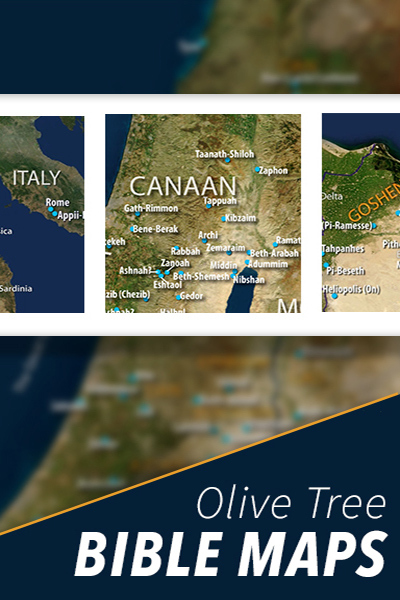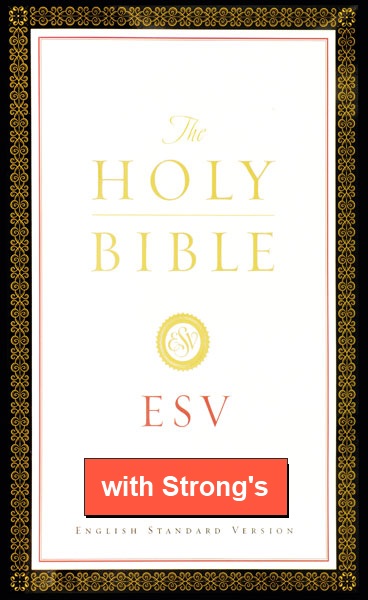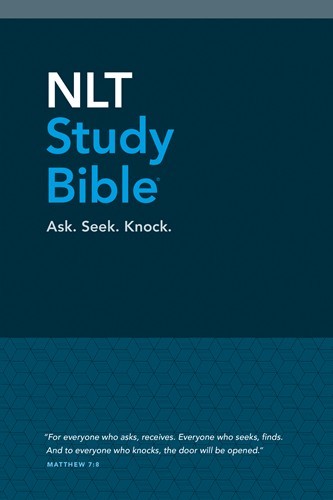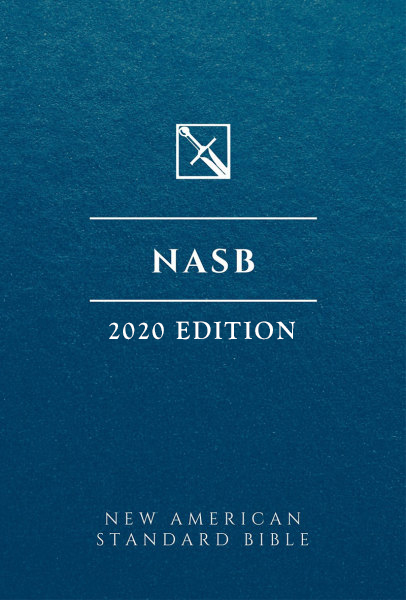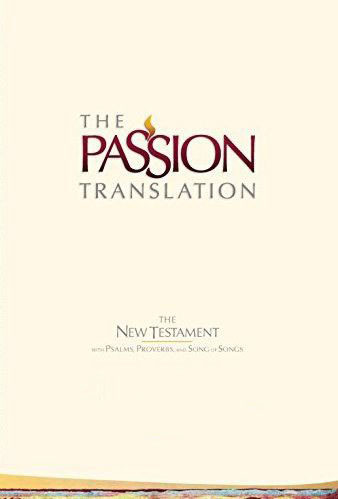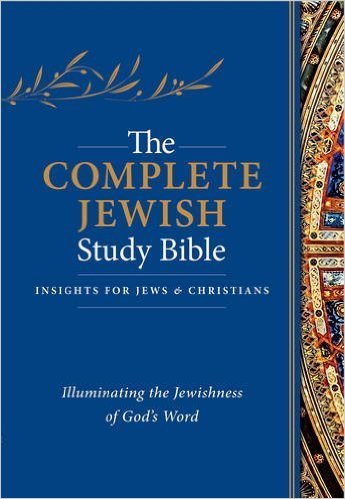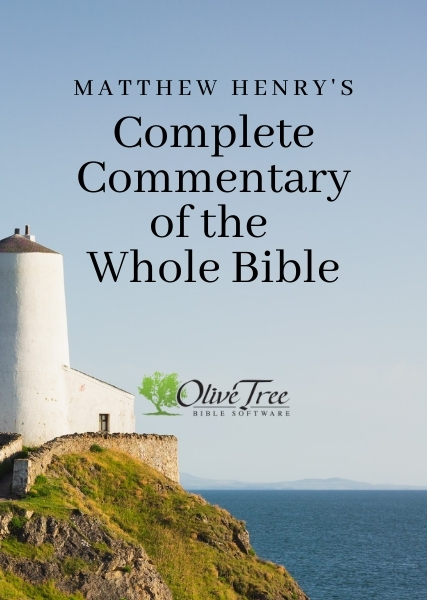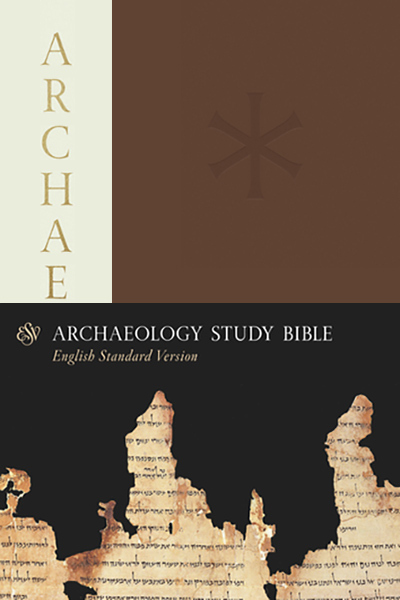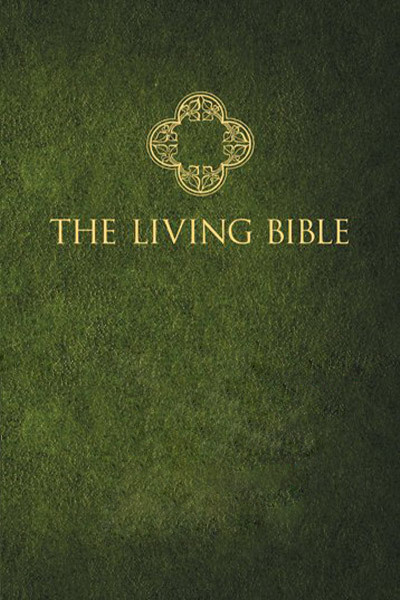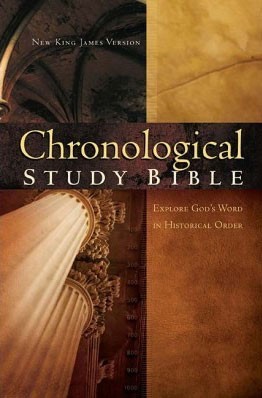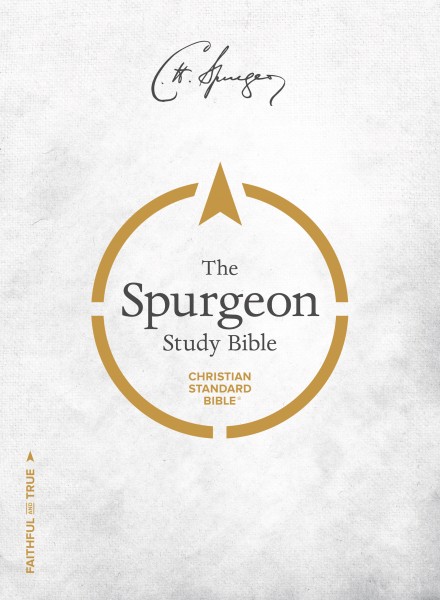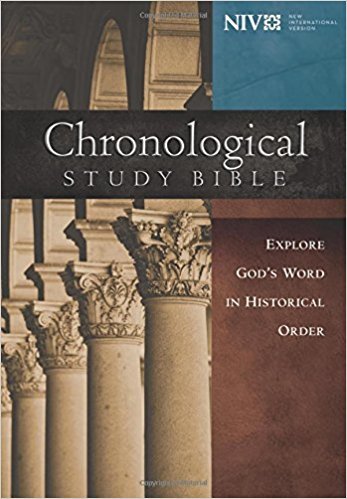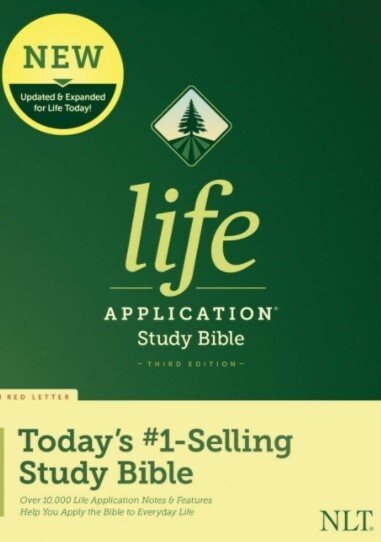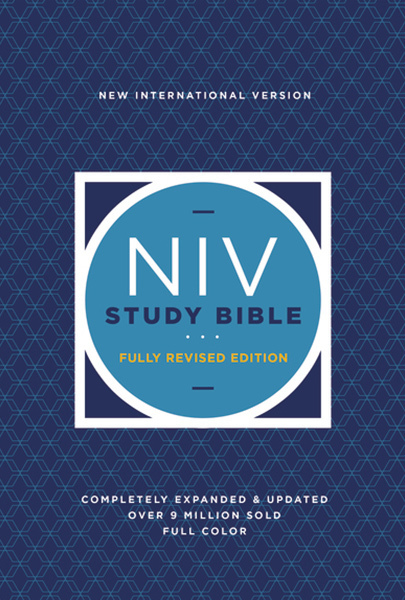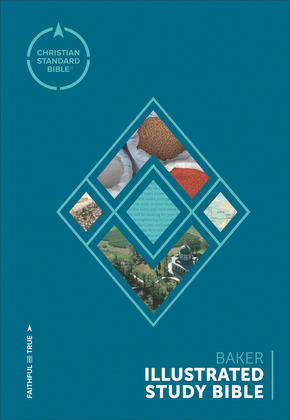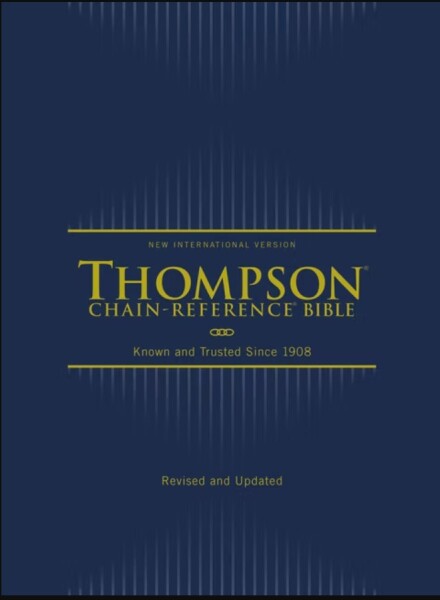

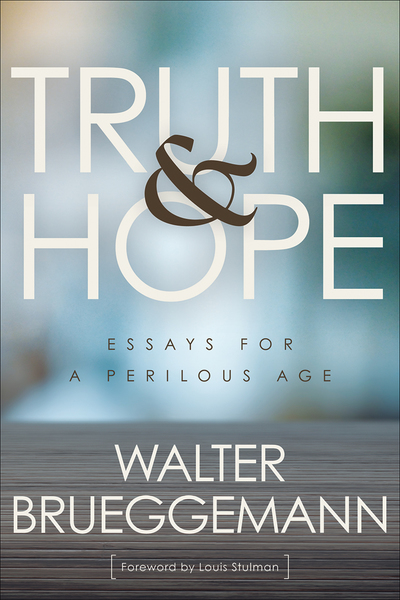
In this varied collection of essays, Walter Brueggemann provides a lens into biblical teachings concerning the present age of fake news, lies, and alternate realities. Compiled and edited by Louis Stulman, professor of religion at the University of Findlay, these essays carry a common theme of truth and hope. As Brueggemann writes in the preface, there is no doubt that the prophetic tradition regularly engages in truth-telling in order to expose social reality as a systemic act of falseness that contradicts the purposes of God. The prophetic tradition of Jeremiah, for instance, is preoccupied with truth-telling that exposes falseness. The prophet exposes the deceit of dominant culture.
That same prophetic tradition (like many others) turns eventually to the work of hope-telling. Such hope does not doubt that the faithful God can create futures, a way out of no way. The sequence from truth to hope in the book of Jeremiah is characteristic of the prophetic books of the Old Testament. These several prophetic voices (that gave canonical shape to the prophetic books) knew that this sequence is definingly important. There can be no hope until truth is told. Our temptation, of course, is to do the work of hope without the prior work of truth.
Readers will find this collection of essays to be theologically rooted in the concept of prophetic tradition as a means of truth-telling. Brueggemann explores that, without God, truth-telling is nothing more than harping, and hope-telling is only wishful thinking.






